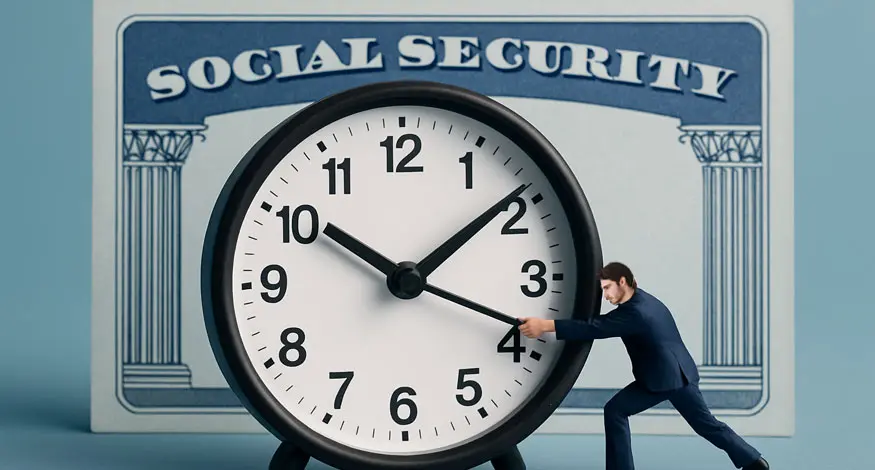Excerpted from the August 2017 Azzad newsletter
I want to talk about barakah. The term itself is something that Muslims the world over use in various forms throughout the day. Phrases like “asalamu alaikum wa rahmatullahi wa barakatu,” “eid mubarak,” and “barakAllah feekum” are commonly heard in our Muslim communities. People often ask God to put barakah in things–our lives, ventures, and wealth, for example. Barakah is often translated as blessings. But we have another term for that in Arabic: ni’mah. So, what exactly is barakah then?
Our scholars say that barakah generally means increase, growth, and happiness. Barakah is not the specific blessing (ni’mah) itself, they say, but an increase in that given bounty. Barakah is the establishment of divine goodness in something. Its origins can’t be sensed by people, and it can’t be outwardly quantified either. Something with barakah in it is called “mubarak”–it has an unexplainable increase and benefit in it from God.
An example is that when we give charity, barakah enters our remaining wealth in such a way that it increases in benefit without necessarily increasing in actual amount. Prophet Muhammad (peace be upon him) said that charity does not diminish wealth (Muslim). Barakah is one explanation of how that can be possible. According to Imam al-Nawawi, the physical amount decreases, but the remainder attracts barakah so that the benefit from it is not diminished.
How should we understand barakah with respect to our wealth? I can tell you that I’ve seen firsthand people with ample means who are living paycheck to paycheck, sometimes with barely enough to make ends meet. Some of them say it seems like the money they make is never enough to sustain them. This is a sign of a lack of barakah in that money.
So, what can they do about it?
First, it’s important to remember that God is the sole source of barakah in our lives, and He alone has the power to grant or withhold it. Remembering that is the first step to improving our situations.
Next, our scholars say that barakah in anything, including our wealth, which is part of our alloted sustenance from God, can increase or decrease depending on the good or bad actions we do. Here are five suggestions to increase the barakah in your wealth:
• Earn a halal income. Make sure that your line of work is wholesome and ethical, and try to make sure that who you work for and their source of income is halal, as well.
• Work with excellence. Be honest and loyal at work, not squandering time and resources. Nothing reduces barakah like cheating or deception in sales, or unethical practices like bribes.
• Make your intention. Purify your intention to earn money for the sake of God, to provide for your family, and to be independent of others.
• Avoid interest in all its forms. Do not receive it or pay it.
• Give thanks. God says in the Qur’an: “And if you give thanks , I shall surely increase you.” (14:7). Thank God with all your heart for His blessings and resolve to use them for His sake.
There are many other ways to invite barakah into our wealth and other aspects of our lives. But our scholars say that the most important thing to remember is that these are only the means, or worldly causes that we put forth with our human effort. God is the One who gives wealth and bestows blessings in the first place. When we keep Him at the forefront of our minds and make reaching Him, rather than increasing wealth, our ultimate goal, we are doing things right.
May God put barakah in every aspect of our lives, including our wealth.
Peace,
Bashar Qasem, CSAA
President and CEO
Gratitude to Abdullah Misra for source materials



